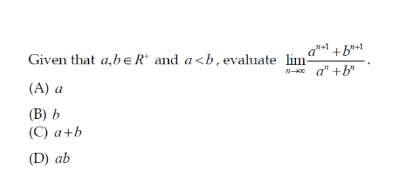
AllQuestion and Answers: Page 674
Question Number 152377 Answers: 3 Comments: 2

Question Number 152376 Answers: 1 Comments: 1

Question Number 152375 Answers: 1 Comments: 0

Question Number 152371 Answers: 2 Comments: 1

Question Number 152366 Answers: 0 Comments: 0

Question Number 152362 Answers: 0 Comments: 0
Question Number 152365 Answers: 1 Comments: 0

Question Number 152364 Answers: 1 Comments: 0

Question Number 152363 Answers: 0 Comments: 0

Question Number 152358 Answers: 1 Comments: 1

Question Number 152350 Answers: 1 Comments: 0
Question Number 152349 Answers: 0 Comments: 2
Question Number 152346 Answers: 0 Comments: 0
Question Number 152345 Answers: 1 Comments: 0
Question Number 152740 Answers: 1 Comments: 1

Question Number 152340 Answers: 1 Comments: 0
Question Number 152335 Answers: 1 Comments: 3
Question Number 152333 Answers: 0 Comments: 1
Question Number 152329 Answers: 0 Comments: 1
Question Number 152323 Answers: 1 Comments: 0
Question Number 152326 Answers: 1 Comments: 1
Question Number 152321 Answers: 0 Comments: 0

Question Number 152314 Answers: 1 Comments: 0

Question Number 152310 Answers: 4 Comments: 0

Question Number 152299 Answers: 1 Comments: 4

Question Number 152291 Answers: 1 Comments: 0
$$\:\int\:\frac{{dx}}{\mathrm{cos}\:{x}+\mathrm{cosec}\:{x}}\:=? \\ $$
Pg 669 Pg 670 Pg 671 Pg 672 Pg 673 Pg 674 Pg 675 Pg 676 Pg 677 Pg 678
